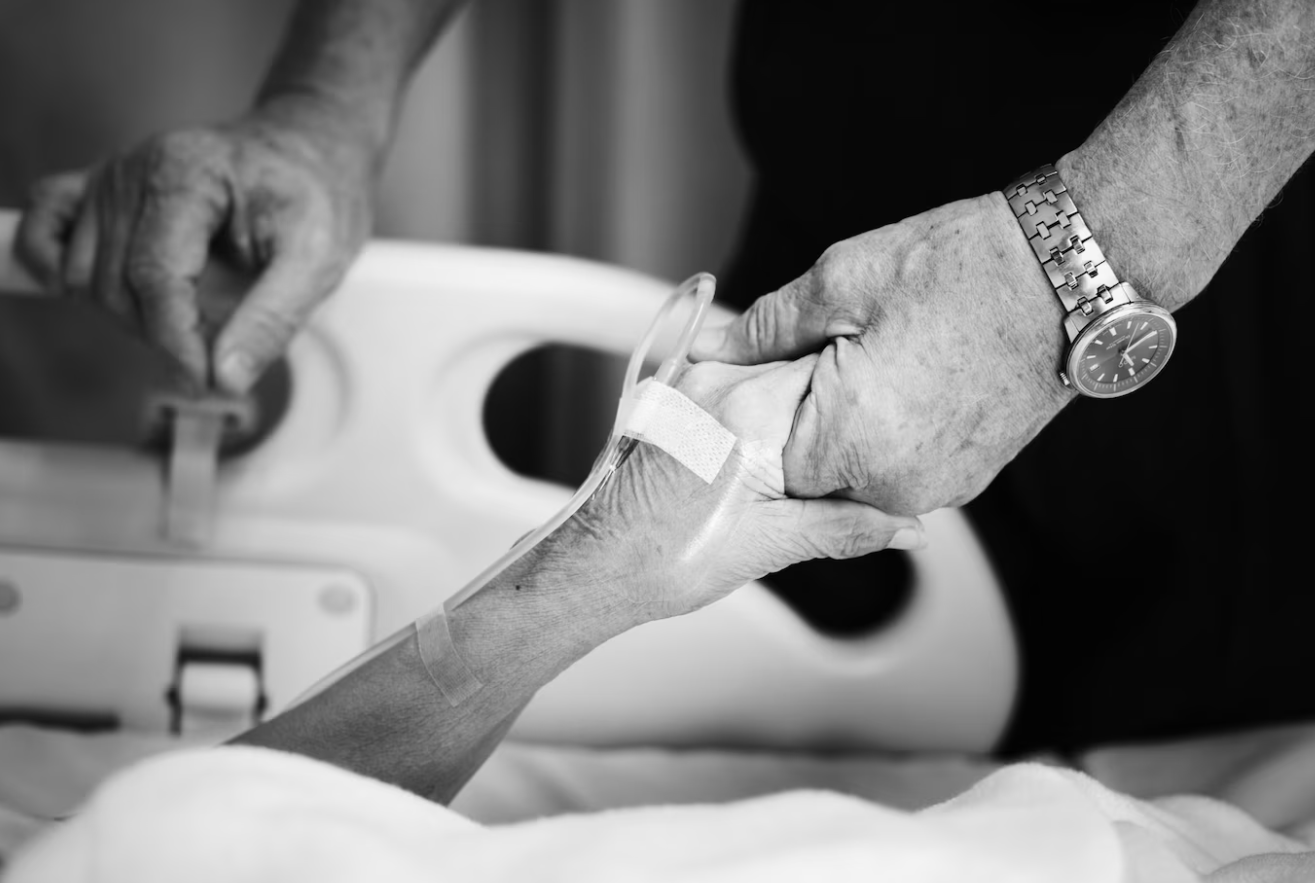Mental illness to become a reason for medically assisted death in Canada
Psychiatry faculty at U of T divided on Supreme Court’s new decision to revise MAiD regulations.
In March of 2023, Canadian regulations surrounding euthanasia will allow people who suffer solely from mental illness to apply for medical assistance in death (MAiD). Currently, requests for MAiD that only cite mental disorders—which seldom lead to natural deaths on their own—usually fail to meet the “reasonably foreseeable natural death” criterion denoted by Bill C-14, causing them to be turned down.
In 2015, MAiD was decriminalized following the Supreme Court’s decision in Carter vs. Canada. There has been polarizing discourse about MAiD for mental illness. Even within U of T’s Faculty of Psychiatry, opinions are divided.
In a brief submitted to the Standing Committee on Legal and Constitutional Affairs, U of T lecturer, Dr. Justine Dembo, expressed support for the upcoming changes to MAiD. She stated that the current exclusion of mental illness is “problematic” and promotes a stigma against people with mental disorders. “This exclusion also attempts to separate ‘mental’ from ‘physical’ illness. Given that the brain is a physical organ, […] the exclusion is not only false, but harmful,” wrote Dr. Dembo.
This view, however, is not shared by all members of the community. The Medium spoke to Dr. Sonu Gaind, a professor of the Faculty of Psychiatry and the physician chair of Humber River Hospital’s MAiD team. Dr. Gaind advocates for the distinction of mental and physical illness. “Mental illnesses are valid illnesses, but that doesn’t mean they’re the same as everything else. […] There is no comparison between the degree of predictability of things like cancer or [amyotrophic lateral sclerosis], the things our MAiD laws have actually been formed around, and the unpredictability of mental illness.”
Dr. Gaind explains that the rates of remission for physical illnesses, like cancer, cannot be accurately compared to mental illness, stating: “For some forms of cancer, odds of spontaneous remission—recovery without treatment—range from one in a hundred thousand to one in a million. For depression, we’ve looked at naturalistic studies [where patients had no treatment] and we found that the majority had remission of their depression within a year.”
“We’re taking what amounts to transient suicidality and making it a permanent death,” explains Dr. Gaind, noting that people with mental illnesses may make an irreversible decision during a period of weakness.
While she recognizes the vulnerability of people suffering from mental disorders, Dr. Dembo states that a full exclusion to MAiD will not benefit sufferers who are already vulnerable: “Given that anyone has the potential to be vulnerable, patients deserve a careful assessment, on a case-by-case basis.”
Regardless, Dr. Gaind argues that things may not be as equal as they seem should MAiD access be expanded. The illnesses that render someone eligible for MAiD may be exacerbated by social factors, and this may lead to a disproportionate number of vulnerable people seeking and being approved for MAiD. Referencing the case of Sathya Kovac, a 44-year-old woman from Winnipeg who ended her life via MAiD, Dr. Gaind says, “We already have people getting it saying ‘it is my psychosocial suffering that is fueling this request.’”
Mental disorders are, by nature, more volatile and unpredictable than their physical counterparts. For this reason, the medical community as well as Canadians suffering from severe illness are faced with a complicated issue as new policies relating to mental illnesses are put forth for MAiD.
Staff Writer (Volume 48 & 49) — Hema is currently in her final year, finishing a double major in Linguistics and French Language Teaching and Learning. She previously served as a Staff Writer for Volume 48 of The Medium. Her favourite part of writing is the opportunity to research new topics, speak to new people, and make her voice heard, and she hopes that her articles can spark this interest in other students. In her spare time, you can find her in bed reading with a cup of coffee (and she's always looking for more book recommendations!).


